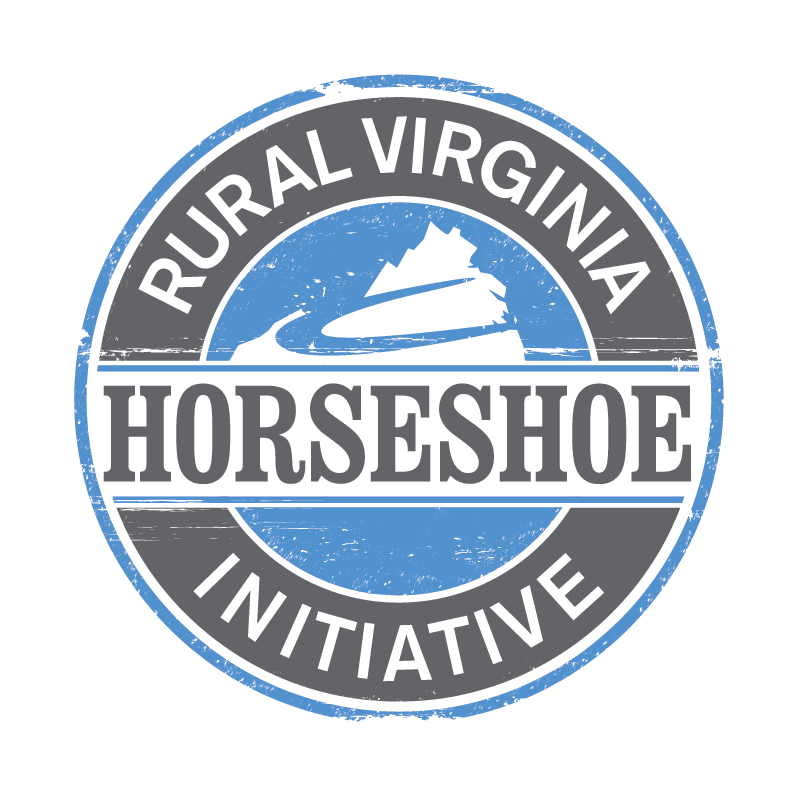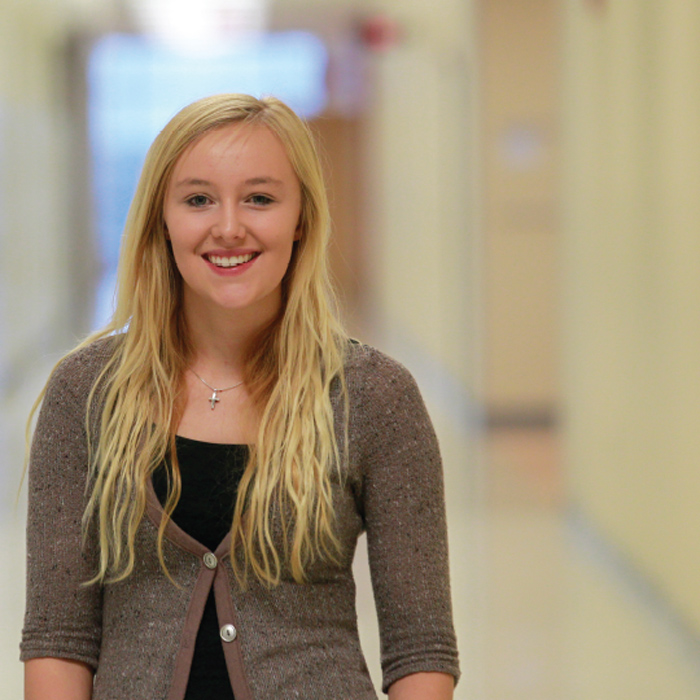Cut in half the number of residents living within the Rural Horseshoe who lack a high school diploma or its equivalent from nearly 20 percent to 10 percent

Fourteen of the state’s twenty-three community colleges are located in Virginia’s Rural Horseshoe, an arc of countryside stretching from the Eastern Shore to the far Southwest and up the Shenandoah Valley. The Rural Virginia Horseshoe Initiative (RVHI) is working to cut in half, from over 20% to under 10%, the number of residents living within the Rural Horseshoe who lack a high school diploma or its equivalent.
The Initiative also aims to double the percentage of rural residents who earn an associate degree or other college certification from 26% to 52%. RVHI places career coaches in rural high schools to guide students through the transition to college, and offers targeted scholarships for post-secondary degrees and certifications for students of all ages. The Initiative develops workforce training programs that can launch students into sustainable and rewarding careers.

Every teenager wrestles with questions about the future. In Virginia’s rural communities, thousands of high schoolers face these decisions on their own. But when students have a skilled and caring adult in their lives, remarkable things start to happen. A pilot program implemented by the Patrick County Educational Foundation placed full-time career coaches in the high school to help students and their families plan for the future.
The coaches helped students identify personal interests and talents, make career plans, and locate scholarships and financial aid that made college financially feasible. They helped complete applications and forms. When necessary, they took students on college visits to show them what was possible. In less than ten years, the Foundation’s work has yielded a sharp increase in college attendance rates.

Cut in half the number of residents living within the Rural Horseshoe who lack a high school diploma or its equivalent from nearly 20 percent to 10 percent
Double the percentage of rural residents who earn an associate degree or other college certification from 26 percent to 52 percent
Double the number of participants in the Great Expectations program, as well as the number of foster youth who graduate with an associate degree or a workforce training certificate